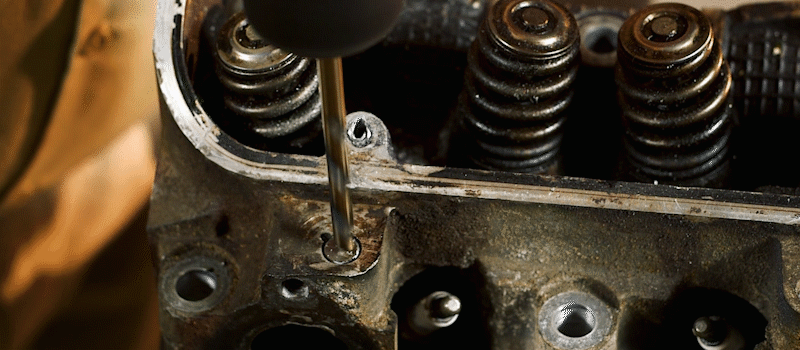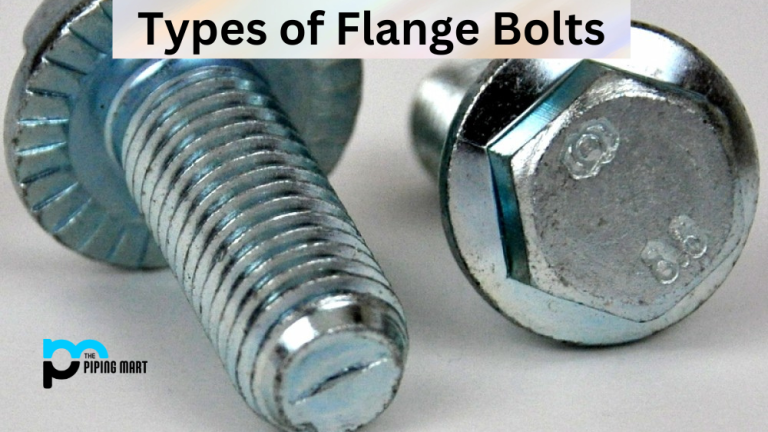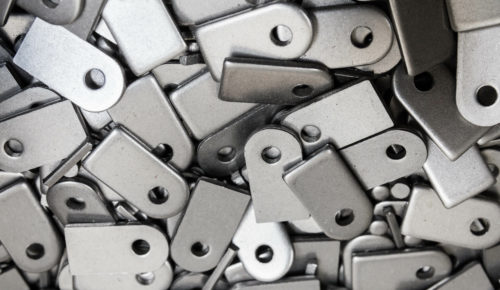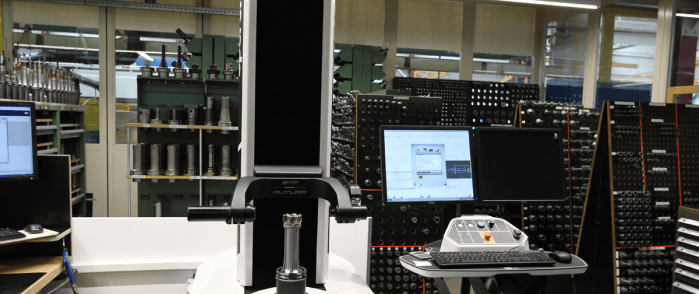Harnessing the Power: Understanding Hydraulic Systems
What are the primary safety considerations for hydraulic system maintenance?
Safety is paramount when working with hydraulic systems. Prioritize proper training for personnel involved in system maintenance and operation, including instruction on safe work practices and emergency procedures. Always relieve system pressure before performing maintenance tasks, and use appropriate lockout/tagout procedures to prevent accidental energization. Regularly inspect hydraulic components for signs of wear or damage, and replace any faulty parts promptly to mitigate the risk of hydraulic fluid hazards.
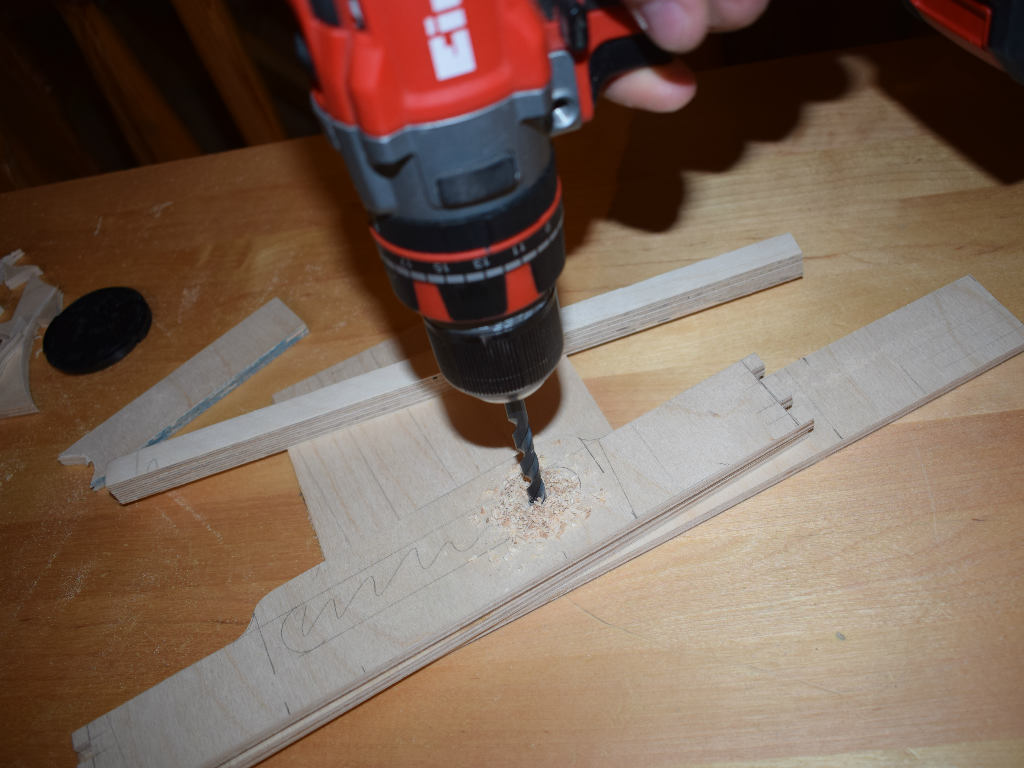
How do I determine the appropriate hydraulic fluid for my system?
Selecting the right hydraulic fluid is crucial for maintaining system performance and longevity. Consider factors such as viscosity, lubricity, and compatibility with system materials and seals. Refer to the equipment manufacturer’s specifications and recommendations to ensure proper fluid selection. Monitor fluid condition regularly and perform fluid analysis to identify potential issues such as contamination or degradation, and replace the fluid as needed to prevent component damage and system malfunctions.
What preventive maintenance tasks should I perform on hydraulic pumps and motors?
Regular maintenance is essential for ensuring the reliability and efficiency of hydraulic pumps and motors. Inspect pumps and motors for leaks, abnormal noises, or excessive vibration, and address any issues promptly to prevent damage or failure. Check fluid levels and quality regularly, and replace hydraulic fluid according to manufacturer guidelines to maintain optimal performance. Lubricate bearings and moving parts as recommended, and monitor temperature and pressure levels to detect potential issues before they escalate.
How can I enhance the efficiency of my hydraulic system’s filtration system?
Proper filtration is critical for maintaining hydraulic system cleanliness and performance. Select filters with the appropriate micron rating and dirt-holding capacity for your application, and install them in the correct locations within the system. Monitor filter condition regularly and replace filters according to manufacturer recommendations or when pressure differentials indicate excessive contamination. Consider implementing additional filtration stages or upgrading to high-efficiency filters to improve system cleanliness and extend component life.
Hydraulic systems are integral to various industrial applications, but their safe and efficient operation requires adherence to best practices in safety, fluid selection, preventive maintenance, and filtration. By prioritizing safety protocols, selecting the right hydraulic fluid, performing regular maintenance on pumps and motors, and optimizing filtration systems, operators can minimize downtime, reduce maintenance costs, and maximize the reliability and performance of their hydraulic equipment.
